To Kill a Mockingbird, of course.
Central Illinois book lover, cat lover, CPA
- 8 Posts
- 20 Comments
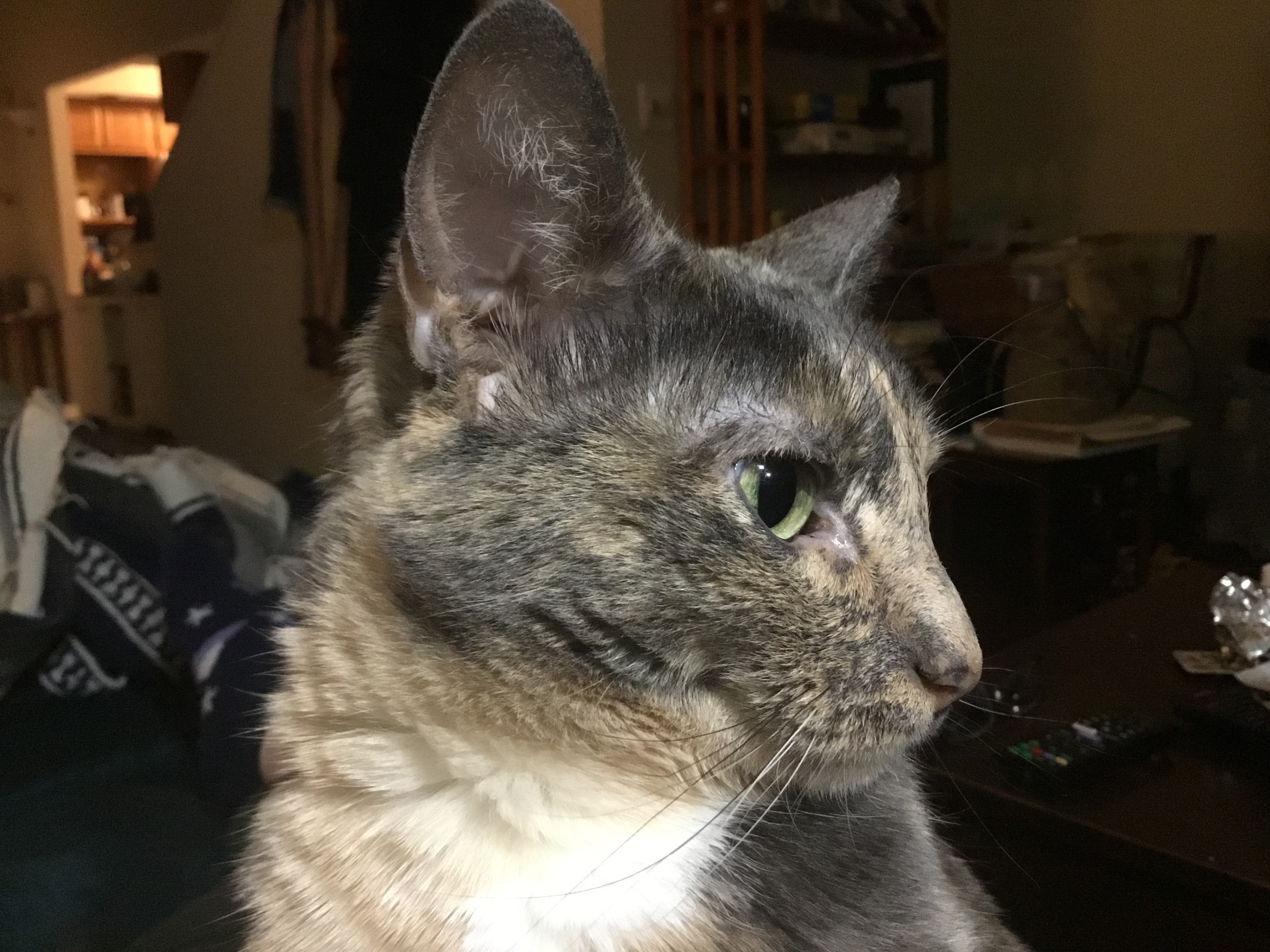
 17·1 month ago
17·1 month agoHere’s a very technical paper that studied nose vs mouth vs combined nose-and-mouth breathing:
https://www.ncbi.nlm.nih.gov/pmc/articles/PMC7455204/
I confess it was over my head and I just skimmed it. But the conclusion says, “The high filtration efficiency of the nasal cavity together with its efficient clearance mechanisms lead to the recommendation to prefer the nose breathing over combined or mouth breathing.”
The conclusion also says, “There is general scientific agreement that lower airways are more vulnerable to severe infections” and “From this point of view, the nasal inhalation is preferential because it significantly reduces the number of particles penetrating to lower airways.” I’d guess that means that shallow breaths are probably preferable, but you’d need to read the article to confirm that.

 762·2 months ago
762·2 months agoHeterosexual men want to look at boobs. If she thinks this is “weird,” I feel she needs something explained to her.

 4·4 months ago
4·4 months agoFor SF, I recommend anything by Becky Chambers. The Long Way to a Small, Angry Planet is the first of her Wayfarers series.

 12·8 months ago
12·8 months ago“She had six strong legs and it frightened me. She had insect eyes but I could still see that the look she gave him you give to me.”
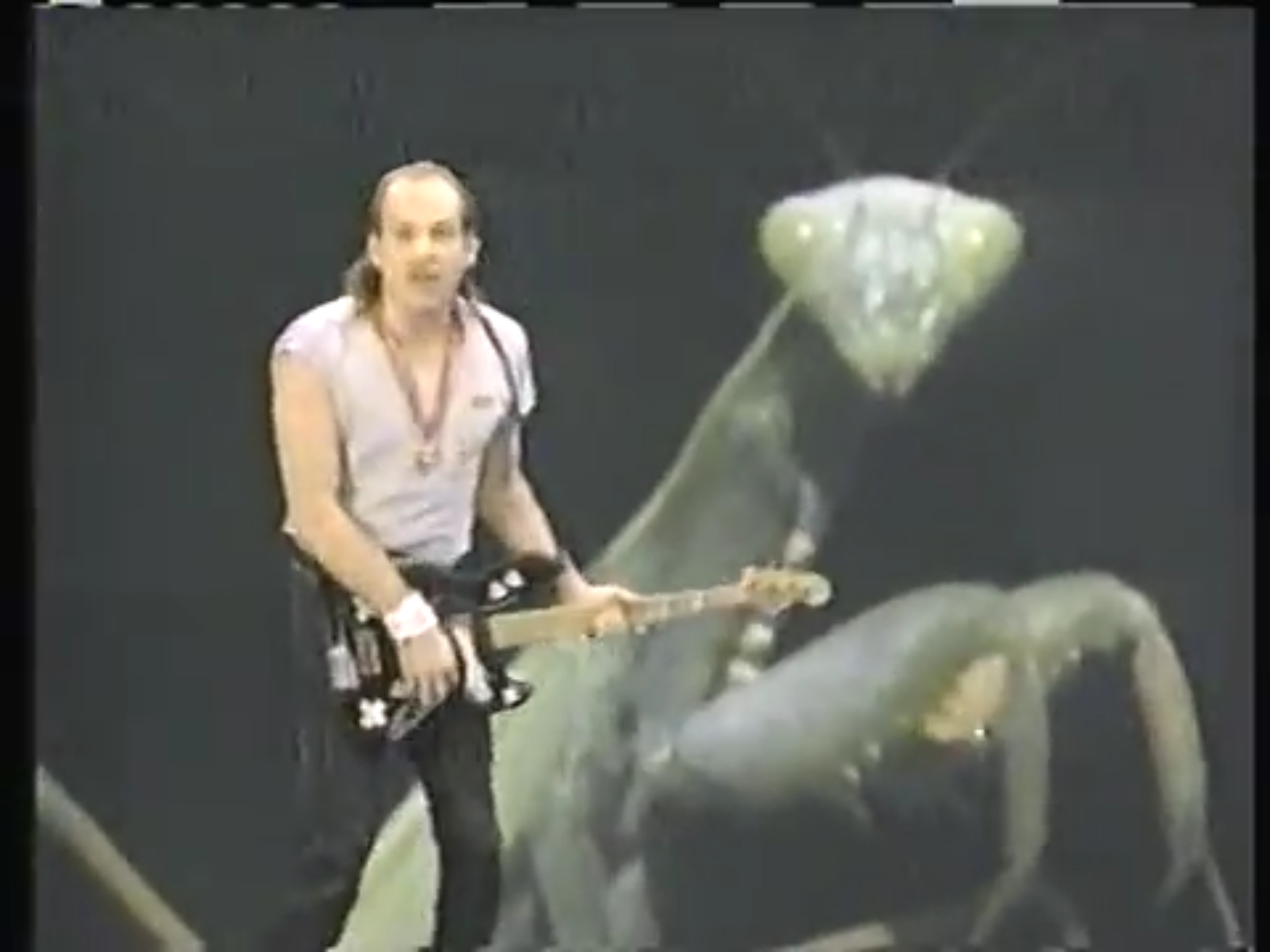

 10·9 months ago
10·9 months agoWhy would he want to? The struggle itself toward the heights is enough to fill a man’s heart. One must imagine Sisyphus happy.

 8·9 months ago
8·9 months agoEnjoy what you enjoy—life’s too short and there are too many other books out there to waste time on what you don’t enjoy! I have no qualms about not finishing a book, no matter how far along I’ve gotten. I’ve been known to skip to the last chapter or last few pages just to see how it ends, then move on.
On the other hand, for books that you have to read (for school, e.g.) set a goal of X pages per day, and reward yourself when you make the goal. I also find it helps to read more interactively: take notes, argue with the author, think about what you read and whether it’s total b.s. or whether there was anything, however small, of value in it.
 3·10 months ago
3·10 months agoI love doilies, and this one is amazing!

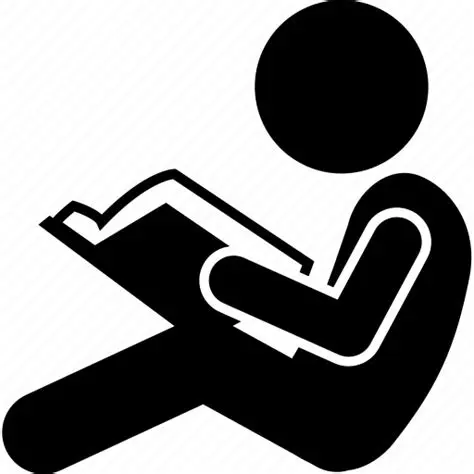 3·10 months ago
3·10 months agoThe Secret History by Donna Tartt, The Goldfinch by Donna Tartt (no, I’m not reading anymore Donna Tartt), Gone Girl by Gillian Flynn

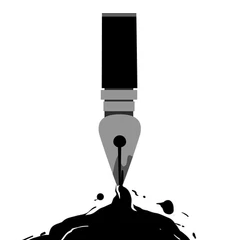 4·10 months ago
4·10 months agoIt’s an unwieldy word, which I think was a deliberate choice.

 2·11 months ago
2·11 months agoI love Becky Chambers. Psalm for the Wild Built was one of my favorites from 2022.

 1·11 months ago
1·11 months agoDutch House was one of my favorite reads from 2022.

 2·11 months ago
2·11 months agoI actually split between reading and listening to the audiobook. It was long either way! I didn’t care for it as much as I thought I would. The first part took me a while to get into, I loved the second part, but after
spoiler
Maidenhair dies
it was all downhill.

 5·11 months ago
5·11 months agoIn very roughly descending order:
Auē by Becky Manawatu
Lighthousekeeping by Jeanette Winterson
Open Throat by Henry Hoke
Autumn by Ali Smith
A Tale for the Time Being by Ruth Ozeki
Home by Toni Morrison
Gnomon by Nick Harkaway
Space Opera by Catherynne M. Valente
The Book of M by Peng Shepherd
The Book of Strange New Things by Michel Faber
The Overstory by Richard Powers
The Door by Magda Szabó
Tomorrow, and Tomorrow, and Tomorrow by Gabrielle Zevin
 2·11 months ago
2·11 months agoIt turned out beautifully!
 12·11 months ago
12·11 months agoJust want to say that (a) I love the pattern and colors, and (b) it doesn’t look horribly wonky to me. Blocking might improve it, but I don’t think it needs “saving.”

 9·1 year ago
9·1 year agoAmerican here, but I agree with a traditionally Polish or German gift. I’ve always thought Polish pottery is lovely.
 1·1 year ago
1·1 year agoMy first instinct would be Southwest, like Texas.
Here’s an article with maps that show the Census regions that @Jackcooper@lemmy.world mentioned puts OK in the South: https://www.businessinsider.com/united-states-regions-new-england-midwest-south-2018-4?op=1
And here’s a map from National Geographic that puts OK in the Southwest: https://education.nationalgeographic.org/resource/united-states-regions/


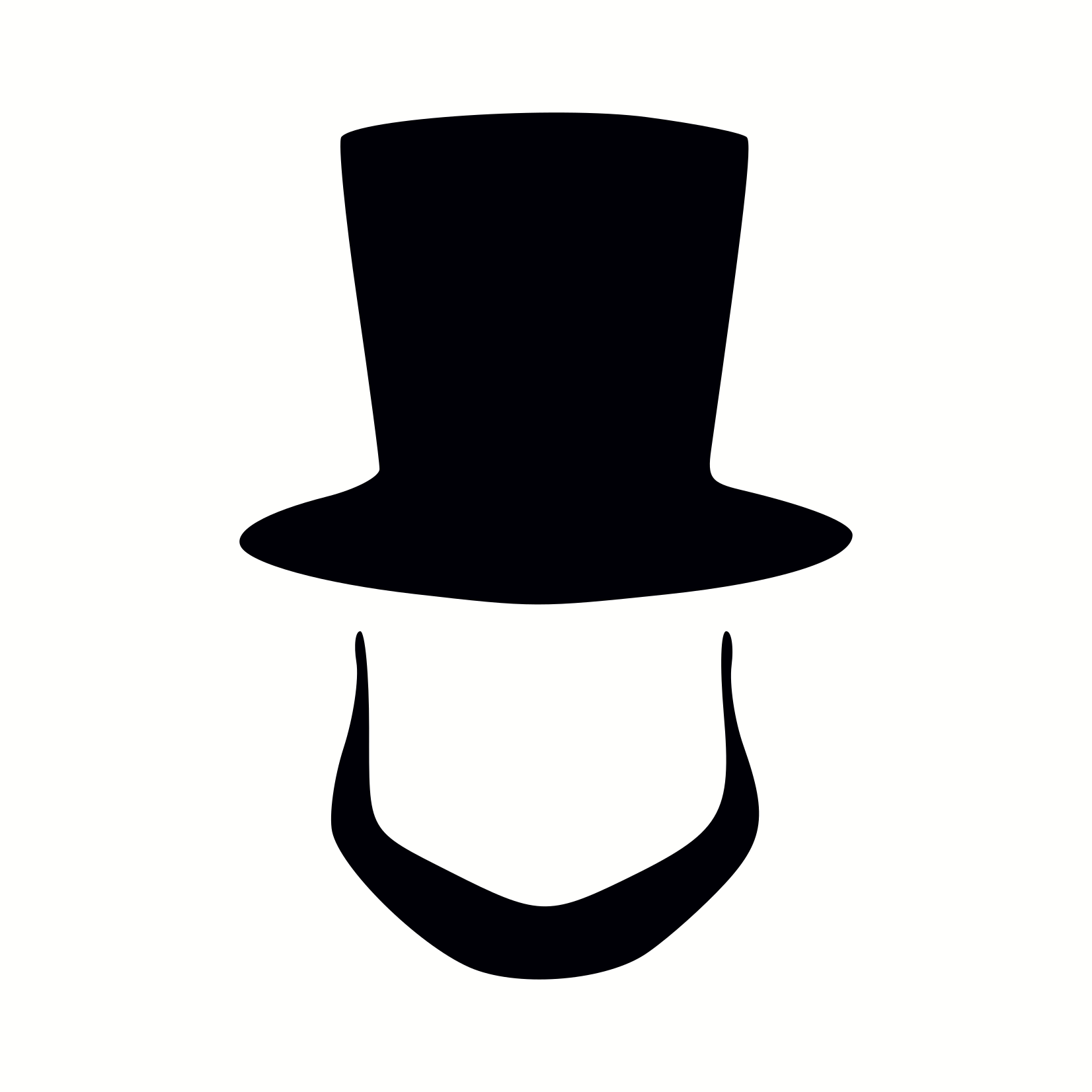
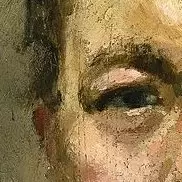
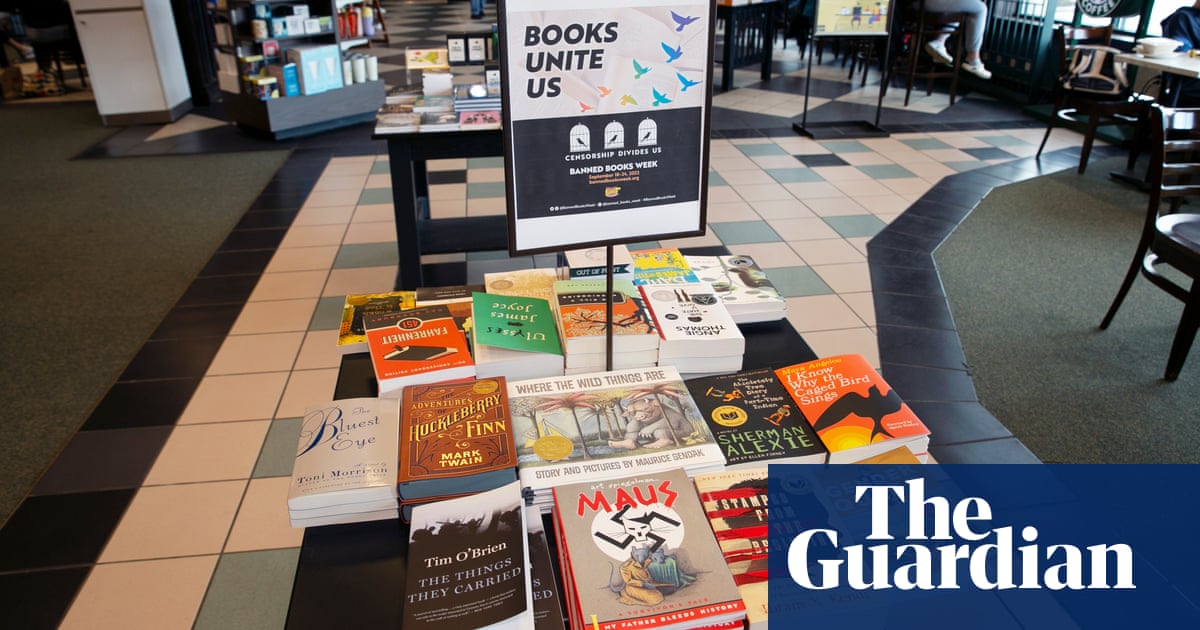



I didn’t loathe it, but I didn’t much care for it. It’s basically a polemic about the history and effects (racism, poverty, income inequity, classism) of colonialism and capitalism. Not that that would make a bad novel per se, but I was expecting something more fantastical. The promise of linguistic magic was a big draw for me, but I felt this book could have been written, and maybe should have been written, as straight-up historical fiction, instead of promising fantasy that it pretty much failed to deliver.